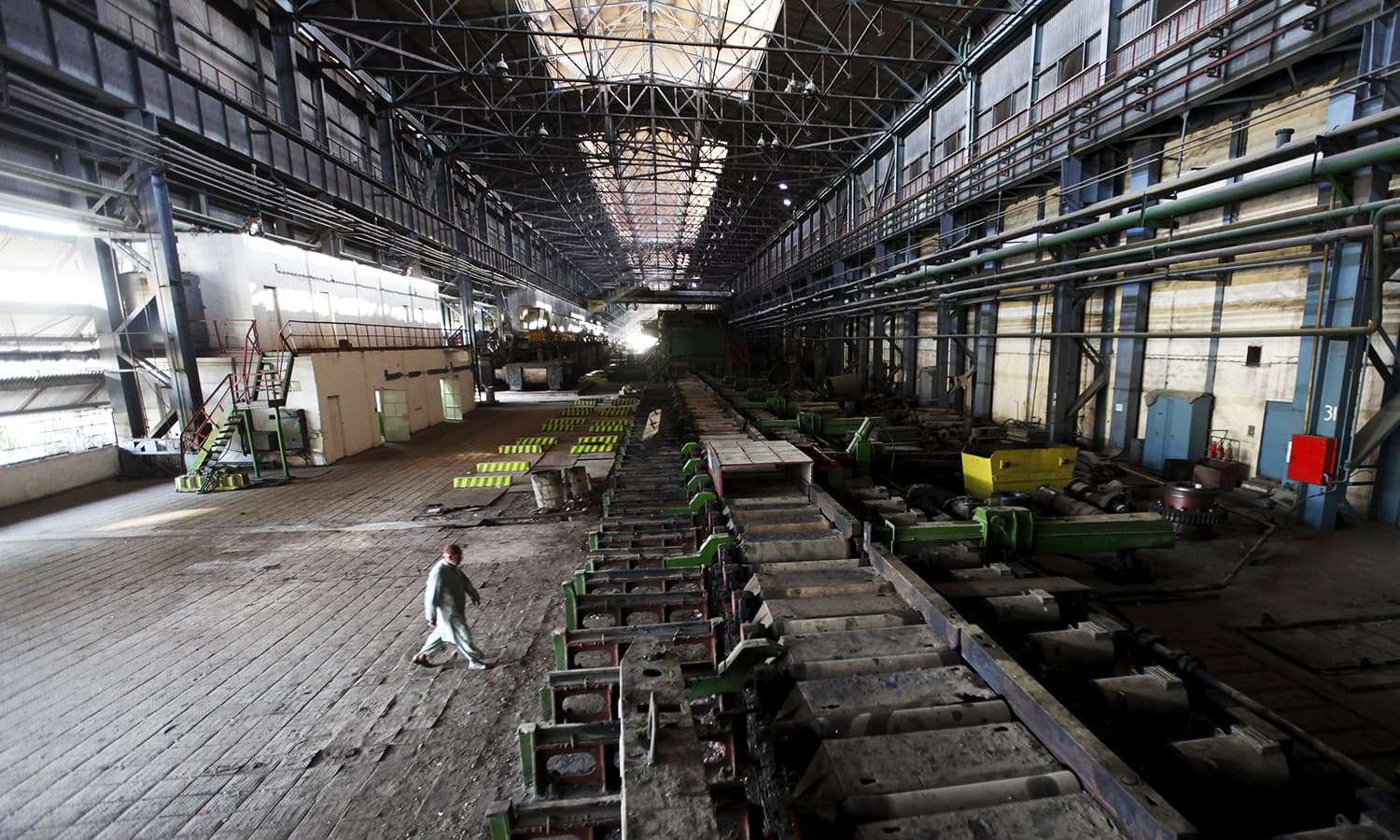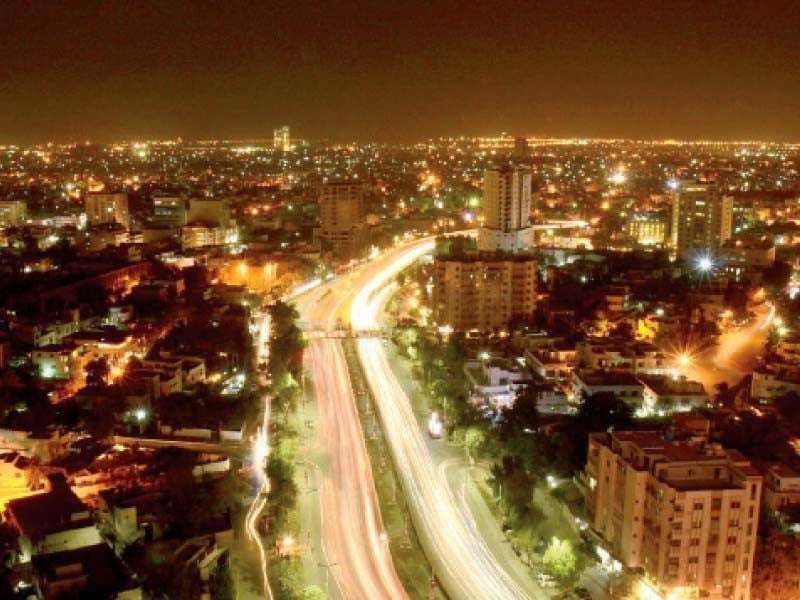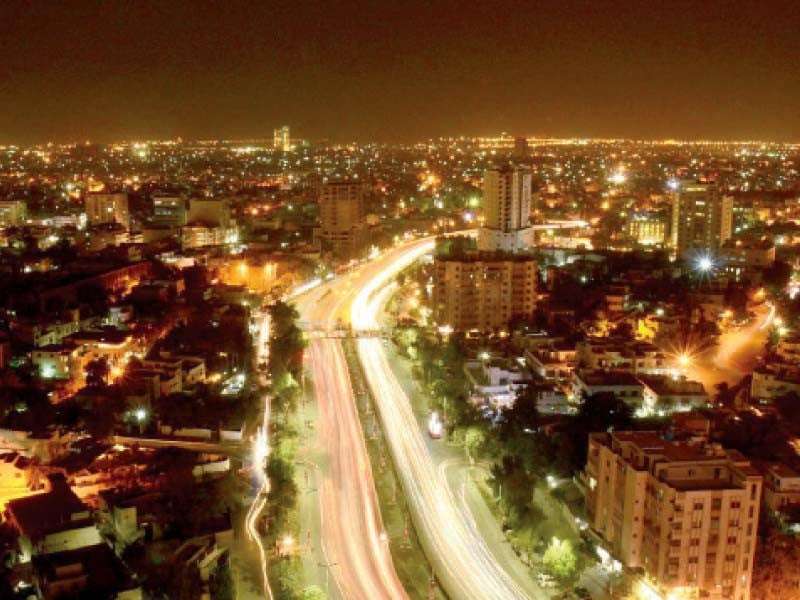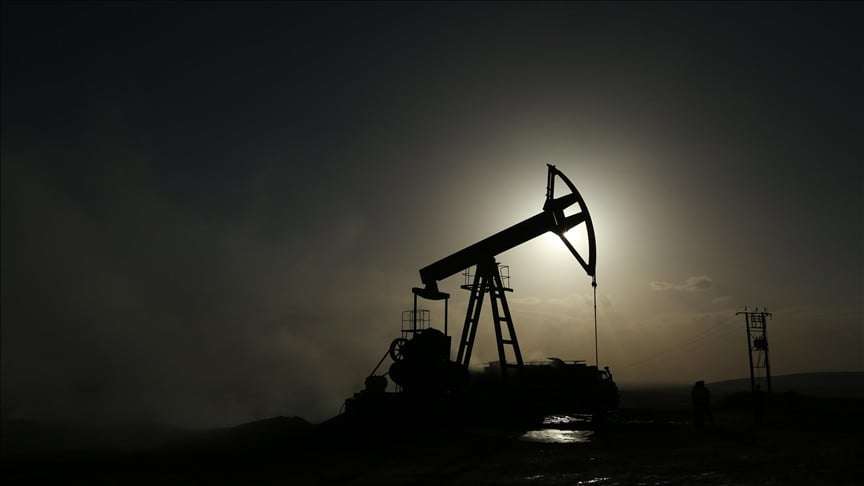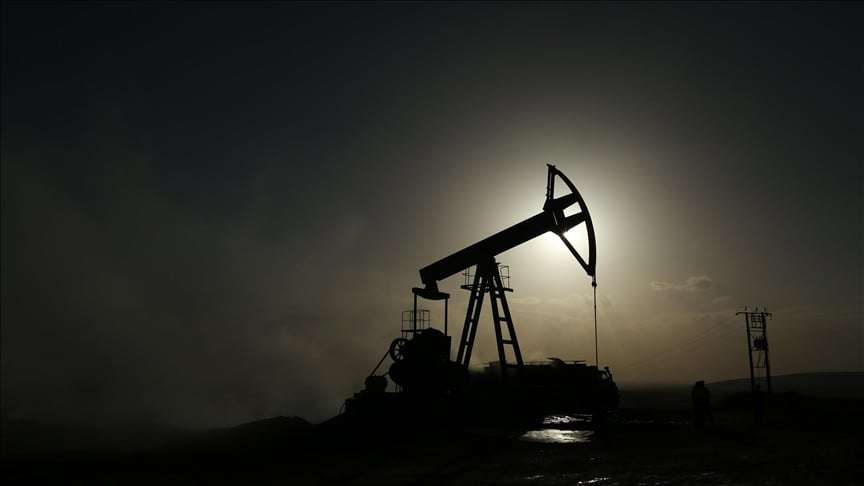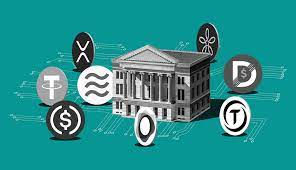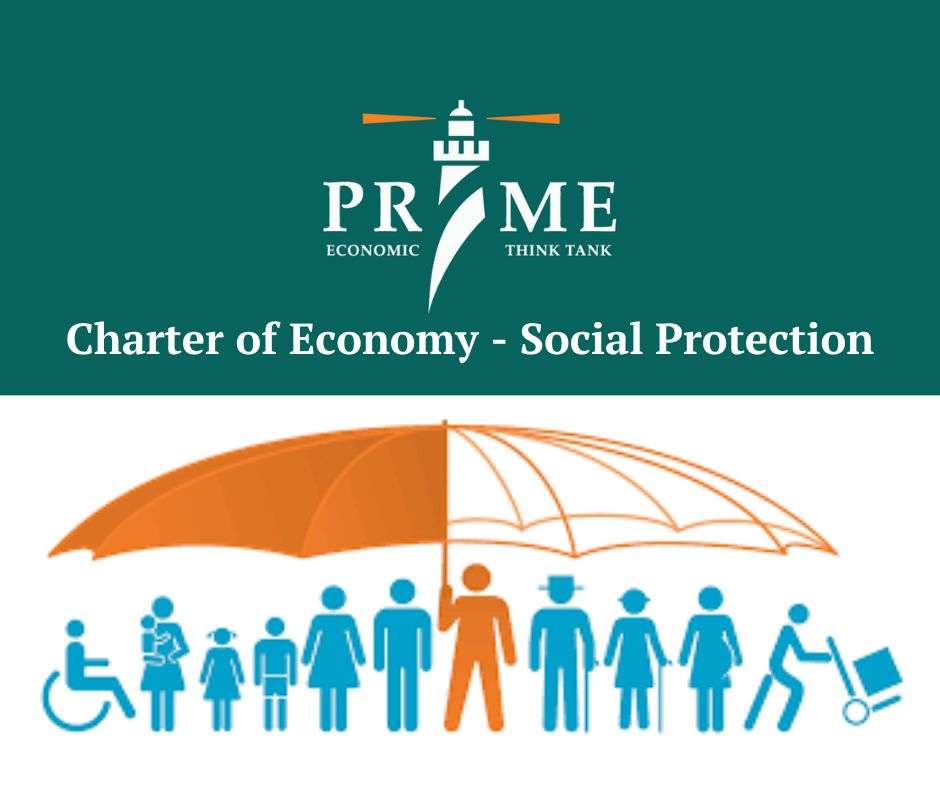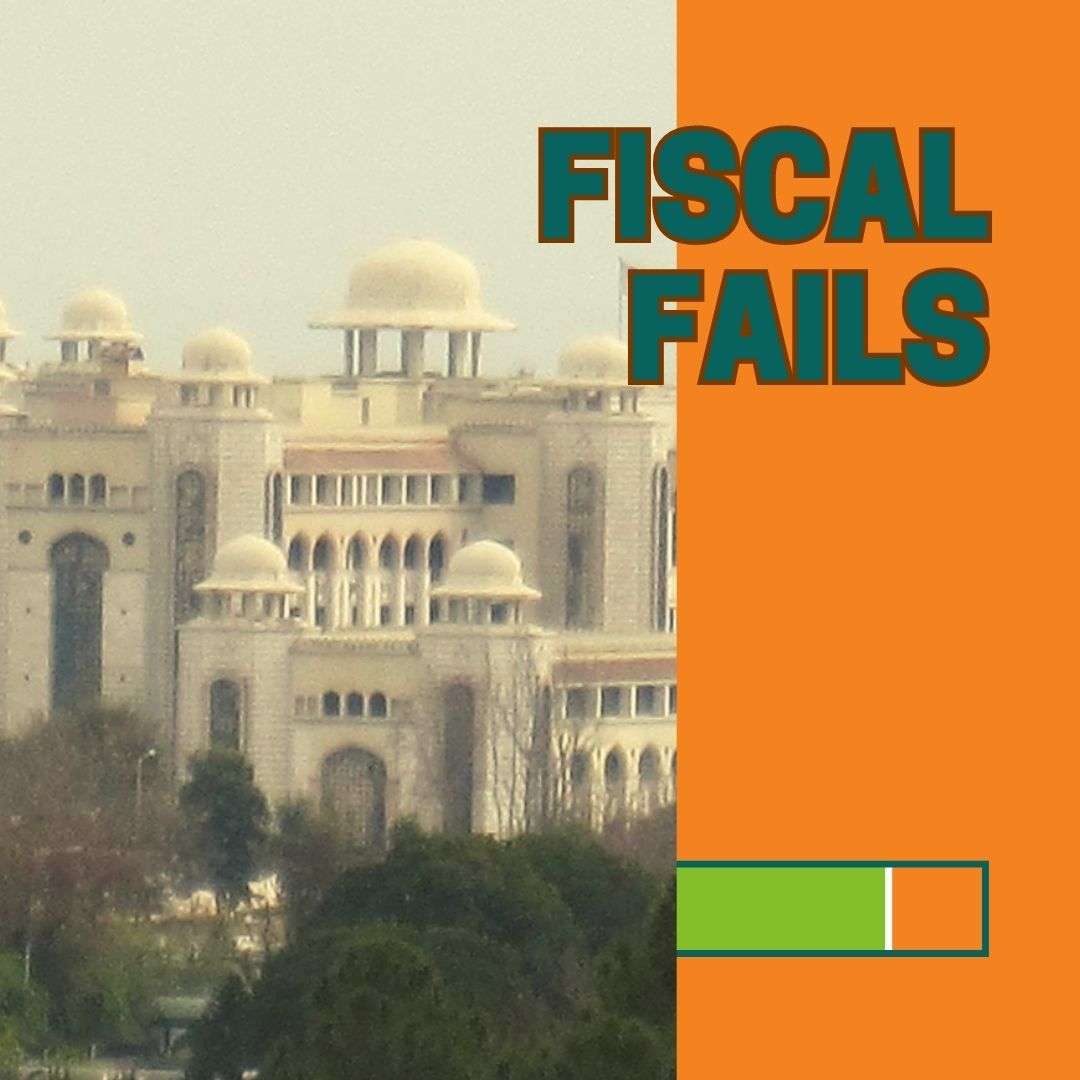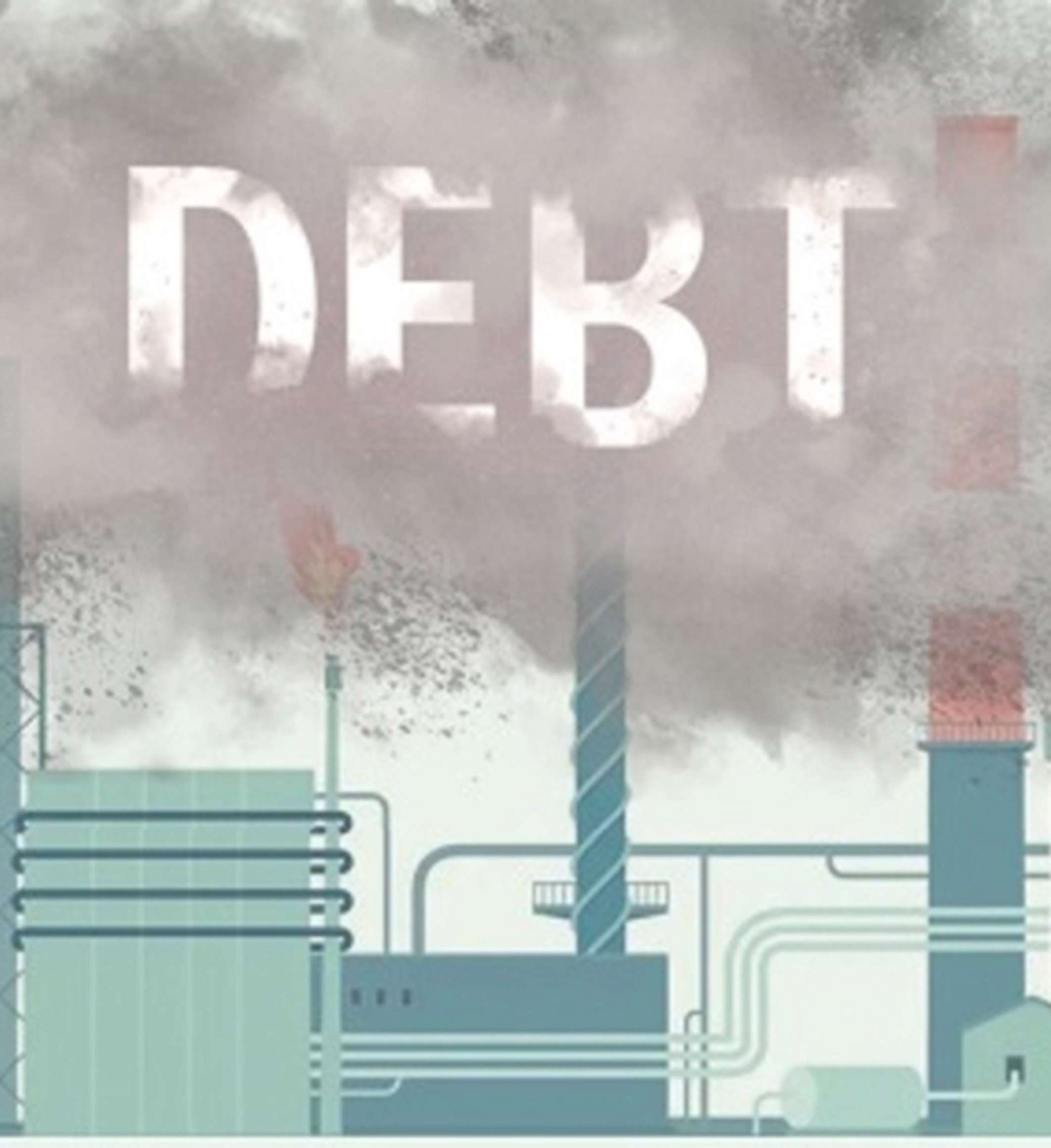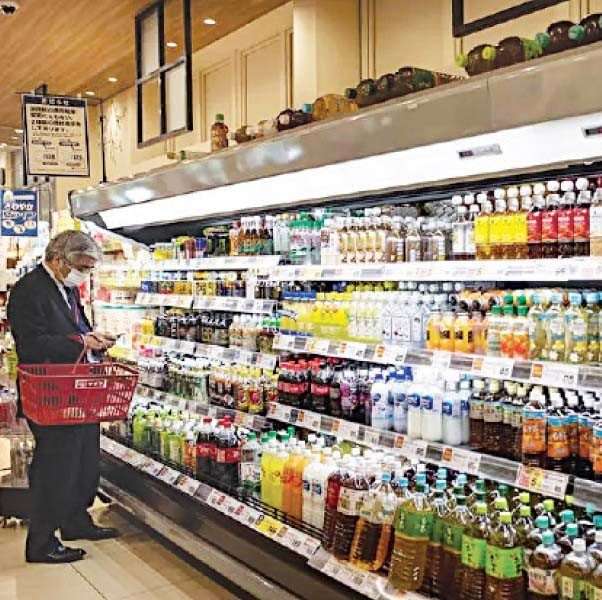SOE policy is bound to fail
Idea of reforming state-owned units has taken precedence over will to privatise
Ali Salman/Syed Ali Ehsan | May 24, 2023
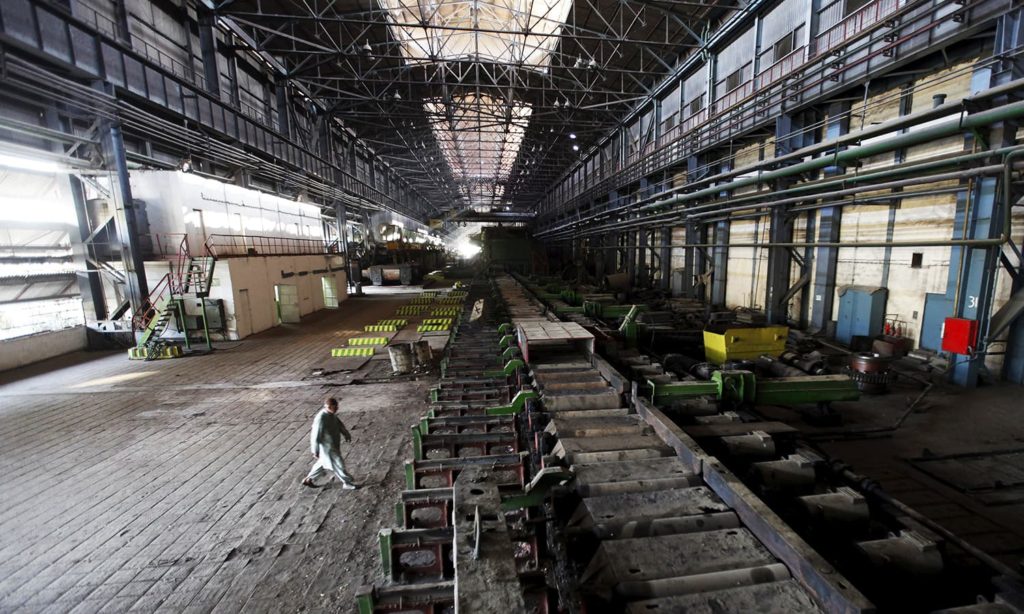
Since the Supreme Court’s rejection of Pakistan Steel Mills’ privatisation in 2006, the privatisation programme has practically come to a halt.
While each government included privatisation proceeds in its non-tax revenues, the realisation of proceeds has been zilch.
It seems that in bureaucratic circles, the idea of privatisation has lost its appeal. This is partly because of parallel developments in trade liberalisation and technological advancements, and partly due to political factors.
The idea of reforming state-owned enterprises (SOEs) has taken precedence over the will to privatise, and it comes in various forms. SOE reforms also provide multilateral agencies with an excuse to loan out “technical assistance” to the government.
In a bid to sidestep the challenging process of privatisation, the PTI government embarked on the Malaysian-inspired Sarmaya Pakistan Limited, with the aim of reforming and restructuring the government of Pakistan’s SOEs.
As of now, there are around 212 SOEs (including subsidiaries, trusts, and funds) incorporated by the federal government.
Over the last 10 years, SOEs of a commercial nature (84 out of the total 212 SOEs) have collectively inflicted a loss of over Rs1 trillion on the national exchequer.
While there are certain functions of national importance being performed by some SOEs, by and large SOEs are a burden on the state, and the need to be either deeply restructured, privatised, or liquidated.
In 2021, the government published State-Owned Enterprises Triage: Reforms & Way Forward, led by Dr Ishrat Husain. The SOE triage provides a roadmap for retention, privatisation, or liquidation while laying out a criterion justified on the basis of “national economic interest”, “strategic importance” and commercial significance.
The triage foresaw the SOE Act 2023 and now the draft SOE policy. A central monitoring unit will now be established to assist the process of reforms and restructuring.
The draft SOE policy might be well-meaning. Like other policies, it is built on the assumption that there exists efficient government machinery with the capacity to run complex business operations. It is bound to fail on these grounds alone.
A careful reading of the policy unveils several lacunas, some of which are described here for public knowledge.
Section 7 of the draft policy explains that the SOEs identified specifically in the SOE Triage report would be retained.
Para 7 also refers to monopoly service providers as strategic in nature but fails to clarify whether a monopoly is defined as a 100%, 50%, or 25% of market share.
Instead, a commercial loss-making monopoly should be treated under anti-trust laws, and the federal government should consider disintegrating the functions of large SOEs into separate smaller entities during the course of privatisation.
Para 8 of the policy lays out the conditions for the creation of new state enterprises. It says that an SOE can be created when no private firm is operating in a particular sector, regardless of whether the sector is of strategic significance.
It does not clarify whether the government should consider an international private enterprise as part of the relevant sector.
It states that an SOE can be created when the government is trying to establish a market, but its ambiguity leaves room for the bureaucracy’s authority to define new sectors and markets in a self-serving manner.
Para 8 also appears inconsistent with the limitations put forth by the policy itself, when it states that the government will only retain “strategic” SOEs.
By allowing the creation of a commercial SOE, specifically in a non-monopolistic market context with private sector players, the policy leaves loophole for government expansion into the private sector yet again.
Despite the completion of the SOE Triage, para 10 of the policy appears to create space for each division of the federal government to contest the categories set forth in the triage.
Para 11 vests the initiative of transformation of SOEs to line ministries. This process would be an unnecessary burden and experiment with taxpayer funds.
There is also no guarantee, nor track record of private sector reform under a public sector setting. We propose that privatisation must occur first and restructuring later when new owners can lead that process.
The draft SOE policy does not spell out transformation or reform in the area of human resources.
One of the greatest barriers to privatisation is the judicially, and legislatively protected status of permanent government employees. Downsizing will play a major role in successful SOE reform but no provision in the policy exists to streamline it.
Para 12 is all about rescuing the SOEs facing financial and operational problems. This entire passage creates ambiguity about the privatisation of commercial SOEs.
It indicates that the government does not intend to even privatise sick commercial units. The emphasis of the policy remains on repeated rehabilitation, reconstruction, and reorganisation of sick commercial SOEs.
The threat of delay in privatisation due to the strategic interest of political governments, most notably union appeasement and the middle-class vote, will limit the transformation potential.
The proposed CCoSOE (Cabinet Committee on SOEs) implies that the mandate of the Privatisation Commission may be in danger of being violated eventually.
The entire proposed process under the policy is highly centralised. CCoSOE will continue to rescue sick SOEs until political mileage from SOEs can be curtailed.
The idea of creating a central monitoring unit to oversee the SOE reforms process is a non-starter.
The triage report itself acknowledges the complexity of markets in which SOEs perform and a centralised unit can never have the capacity to advise these SOEs, which are operating in distinct market and bureaucratic conditions.
The federal government would be well advised to privatise highly indebted loss-making commercial SOEs at market offers without going into a transformation phase. All other roads lead to more losses, more corruption, and more uncompetitive markets.

